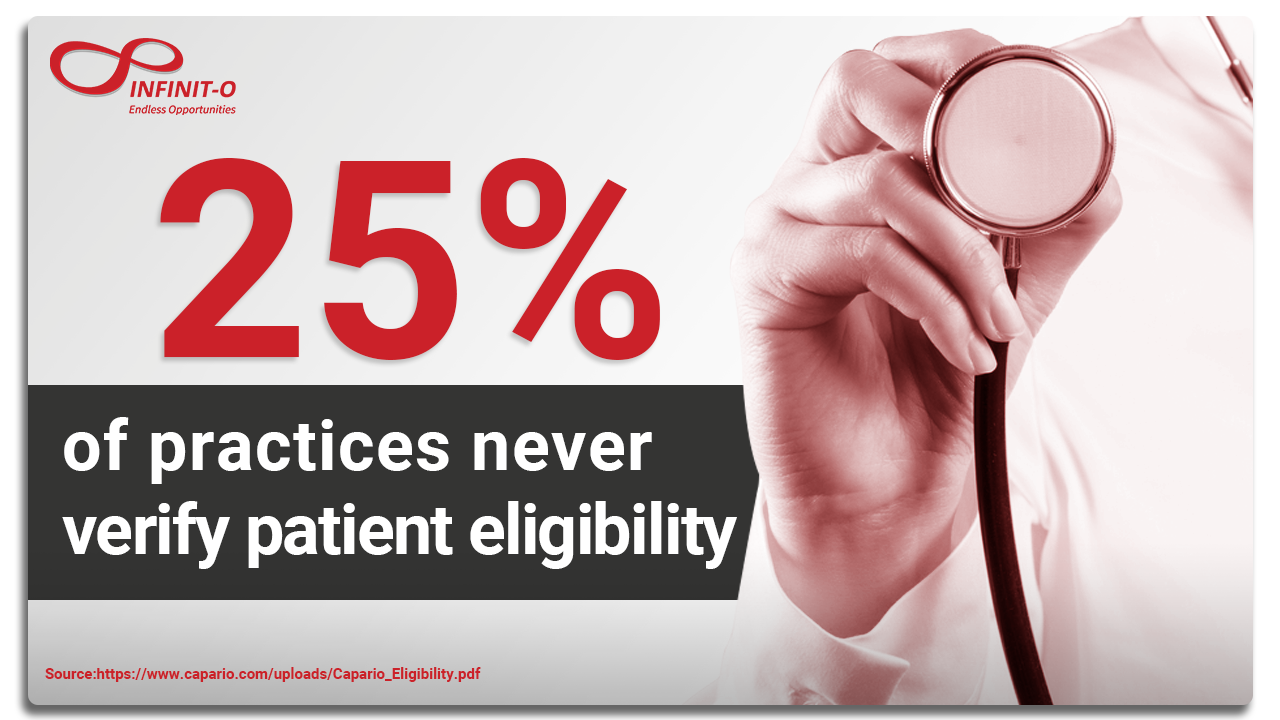4 Common RCM Pain Points and How Outsourcing Helps
Healthcare companies use Revenue Cycle Management (RCM) processes as a way to organize a patient’s journey from registration to reimbursement, but it doesn’t necessarily mean it’s an easy list of things to do. RCM staff often encounter problems that put the business at risk of patient distrust or legal charges. This brings leaders to find solutions on how to improve their RCM process and maintain quality healthcare.
A home healthcare company provides hospice and nursing services in Maryland, Virginia, and Washington D.C. They help patients who require extra assistance post-hospitalization, accompany individuals who are terminally ill, and aid those who need an extra hand with day-to-day activities.
However, they have encountered several challenges in their medical coding and billing processes. In order to improve their services while achieving lower operational costs, they sought to outsource a team of HC specialists who are adept in the various stages of the RCM process to help them overcome the following challenges:

1. Billing Errors
Simple errors can create a negative impact on a patient’s experience and overall satisfaction, and in turn, can hurt a healthcare provider’s reputation. Most of the time, these billing errors happen due to staff accidentally entering incorrect information, such as a patient’s name or diagnostic code. Other times, patients may also provide incorrect information or incomplete documentation.
When these errors occur, it can lead to a large number of claims denials and rejections and lowers the overall quality of patient experience. Furthermore, consistent billing errors, especially large ones, can also result in fraud charges that can cost a healthcare provider so much in fines or settlements, and lose further trust from their patients.
This is where outsourcing comes in. An outsourced RCM team can focus on accurate medical claims processing. With top-quality RCM specialists, average turnaround time can be reduced by as much as 70% with as high as 95% of claims processed within one hour of submission.

2. Lack of Training
The RCM department requires training to ensure compliance. There are regulations that change frequently or new codes that may be updated after a few years. However, many hospitals in the US find difficulty in supporting their RCM team’s ongoing & regular training and support because of high leadership and development costs or unavailable resources.
When a healthcare provider’s RCM staff is not updated due to lack of training, leaders have to deal with a decline in performance, patient satisfaction, and revenue.
With an outsourced RCM team, healthcare providers work with highly-trained specialists who are adept in regulations affecting medical billing and claims processing and work with the most updated ICD codes. They understand their impact in keeping bills error-free. This solution ensures the success and improved reputation of a healthcare provider, processing claims three times faster, at a lower cost. With a team in place, a business’ ROI will also improve because it will be paid on time.
.png)
3. Challenges in Monitoring Claims Processes
The RCM process is undoubtedly complicated, and when unsupervised, errors, from recording patient information to ICD-10 code translation, will be left unresolved. This can cause denied or rejected claims, lagging accounts receivable, and high administrative costs.
Count on an outsourced RCM team to closely monitor & audit all information that goes into the entire process. They can confirm with a patient for any ambiguous data such as seemingly wrong spellings of their names or addresses or incomplete information. They can also do thorough follow-ups on claims with the right EHR tools.

4. Inefficient Patient Eligibility Verification
One of the biggest reasons why insurance companies are denying claims is that hospitals do not efficiently verify patient eligibility. Some hospitals don’t check eligibility until after the patient has left the office or clinic, and this leads to reduced revenue and increased debt.
One way to address this pain point is to work with a dedicated RCM team that has the right skills & tools to ensure full payment in a timely manner and to monitor for correct reimbursement from payers. An outsourced team can help streamline the billing system, allowing healthcare providers to determine if the patient needs to co-pay at check-in.
RCM will always be a challenging & arduous process, but there is a practical way to manage these. Consider partnering with a global service provider to build a dedicated RCM team for your healthcare business. Each team consists of highly-trained RCM specialists that can focus on accurate medical coding, billing, claims processing, patient eligibility verifcation, and other administrative tasks.
With an outsourced team supporting integral RCM tasks, healthcare companies can focus on maintaining quality patient experience and satisfaction.
Infinit-O is the trusted customer-centric and sustainable leader in Business Process Optimization to Small and Medium businesses in the Financial Services, Healthcare and Technology sectors by delivering continuous improvement through technology, data and people.

%20-%2009232019.jpg)
%20-%2010102019.png)
%20-%2010102019.png)
%20-%2010102019.png)
%20-%2010102019.png)






This article was very helpful in many aspects for me. I have seen very few articles in his aspect despite being associated with medical billing for a considerable amount of time. However, this article has come as a surprise to me and I will definitely go through this article again in the future.
Appreciations post this blog, truly valuable. It is very challenging to maintain standards of the ever-advancing field of physician revenue cycle management (RCM). We ensure that healthcare providers are fully updated about the recent advancements of their billing environment. We also provide a full suite of physician medical billing services to fit your requirements.